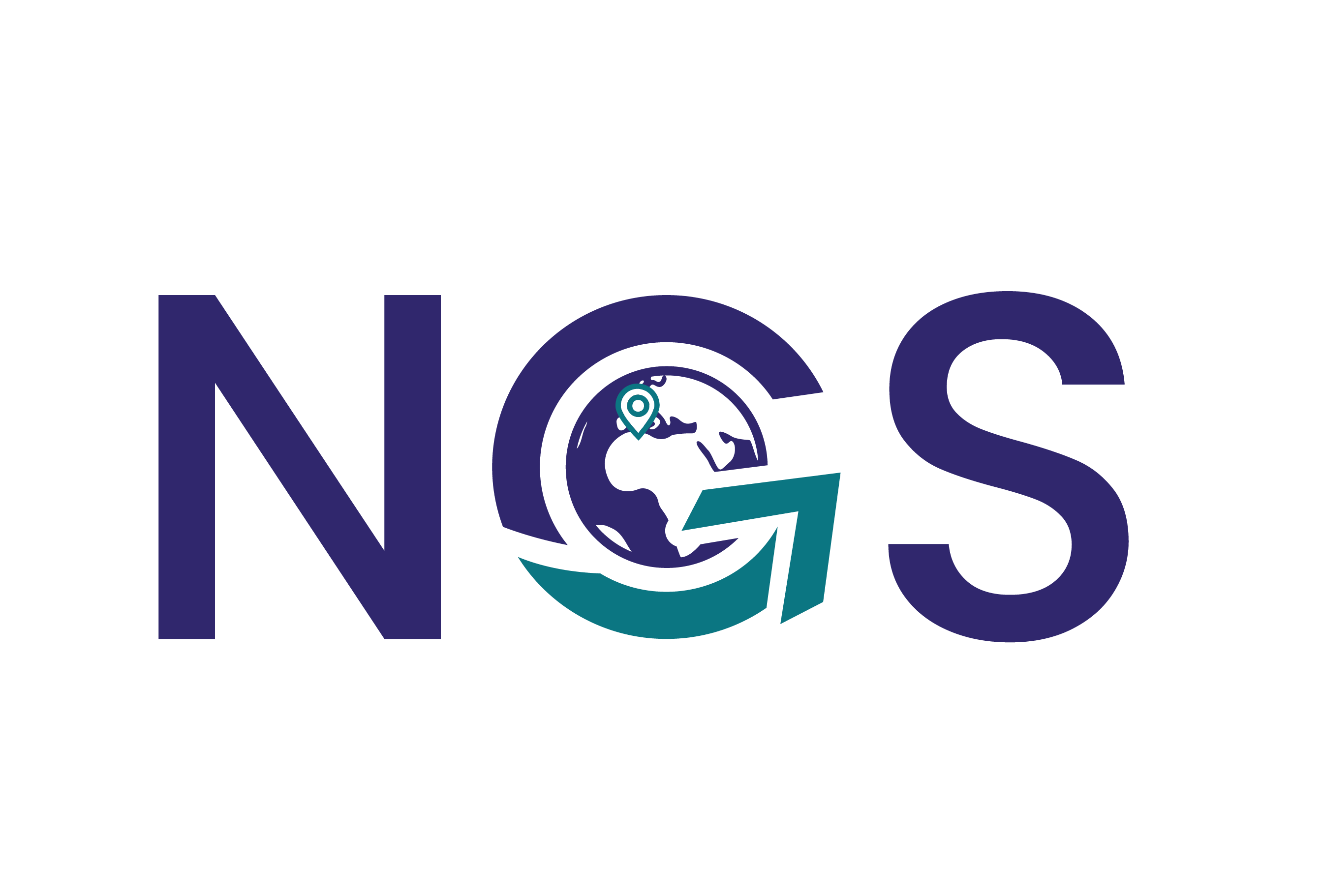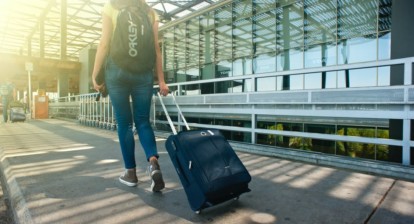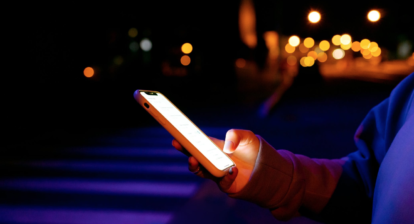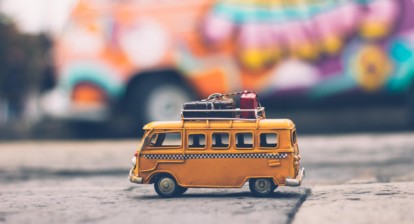This article has been written to educate readers on ‘spiking’, how to prevent it and how to handle a situation where spiking may occur, whether you are abroad or at home.
Spiking: What is it?
‘Spiking’ is when an individual adds alcohol or narcotics into another person’s drink or body without their knowledge or consent. Unfortunately, recent years have seen an increase in the amount of reported spiking incidents across the UK and Europe. Sadly, spiking is becoming ingrained in nightlife culture, with one woman telling the UK BBC that “spiking is a part of going out – so we’re staying in”. A spiked drink can very quickly become a deadly cocktail – practically undetectable and potentially lethal.
According to a UK YouGov survey taken in late 2021, 11% of women and 6% of men have reported being spiked. This spiking epidemic is not only apparent in the UK, but across the globe and is a persistent threat to public safety. A 2018 survey by GBTA found that 90% of female business travellers said that safety concerns impacted their personal time while on business travel and 81% claimed that their travel frequency is impacted by safety concerns including spiking. Recent years have witnessed spiking techniques evolve, with needle spiking surging in late 2021. Unfortunately, there is very limited official data, so it is difficult to grasp the magnitude of the situation in statistics. Despite this, it is a highly illegal form of assault and holds a maximum prison sentence of 10 years in the UK and USA, and 7 years in parts of Europe such as France.
Drink spiking most commonly occurs in bars and clubs, but is not limited to these venues, and any alcoholic or non-alcoholic beverage can be spiked; no one is excluded from risk.
Forms of spiking vary and may include:
- Extra shots of alcohol added to drinks to make someone intoxicated.
- ‘Date rape’ drugs including benzodiazepines (Rohypnol, Gamma Hydroxybutyrate/GHB). These are often used to incapacitate a victim to (sexually) assault them.
- Sometimes, but less often, recreational drugs such as ketamine, cocaine, ecstasy and LSD are used to spike drinks as mixing these drugs with alcohol is very dangerous and can lead to unconsciousness.
- Needle spiking: It is believed that the same ‘date rape’ drugs used to spike drinks are also used in needle spiking.
Reaction time is fast, and side effects/symptoms often occur within 15-30 minutes after consuming the alcohol/drug.
Which countries experience high levels of spiking incidents?
Unfortunately, there is little data displaying individual country statistics for spiking incidents, and the area needs much more in-depth research. However, the Australian Department for Foreign Affairs offers a list of popular travel destinations that they provide drink-spiking warnings for, with Indonesia and the UK rated as high-risk. Whether you are staying in your home country, on a business trip, or travelling, ‘date rape’ narcotics are easily accessible globally and spiking is not restricted to bars and clubs. For example, drink spiking can be used as a form of distraction from theft and fraud, to physically impair you in preparation for a robbery or to enable sexual assault. Just as disturbingly, some spiking incidents are merely a means of thrill-seeking, such as needle spiking unexpecting strangers on crowded public transport.
Signs and symptoms you may have been spiked:
Identifying the difference between being too drunk and being spiked can be a blurred line given that the initial symptoms of predatory spiking mirror that of intoxication.
Commonly reported symptoms of spiking are as follows:
- Lowered inhibitions
- Nausea
- Visual problems such as blurred vision
- Incoherent speech including slurred words
- Drowsiness
- Memory loss
- Extreme sluggishness
- Unconsciousness
Needle spiking is harder to detect than often assumed as injections to the arm or thigh are very difficult to feel, particularly when alcohol is involved. Further to the above, symptoms may include:
- Muscle spasms
- Injection mark
- Bruised mark with a small, possible raised dot in the middle.
General Safety Tips
Some preparatory measures can go a long way. For example, ensuring you are surrounded by trustworthy friends could save your life. At the start of 2022, I was with a group of friends at a bar when one of the girls became separated from the group. I went looking for her after roughly 20 minutes and found her in the bathroom. She was delirious and profusely sweating so we called the paramedics. Doctors confirmed a needle entry wound later that night. If she had been alone, that evening may have taken a far darker turn. If you are travelling alone, be sure to share your itinerary and location with the office, friends or family. These small actions can make a big difference. Similarly, initiatives to reduce harassment have been adopted by bars and clubs. For example, you are often able to ask for a lid when you order your drink. It is also essential that you do not leave your drink unattended no matter what. While spiking concerns a much greater issue than simply ‘wearing long sleeves to reduce needle accessibility, or ‘covering up’ to withdraw attention, these tips can help reduce your chances of being spiked.
Preventative Measures
Over the past five years, small companies have been founded to provide education and combative measures against spiking with the hope of giving us more control. These range from scrunchie hair ties that double up as a drink lid, to discreet jewellery that has a hidden SOS button sending your location to emergency contacts and operators. Recently, innovative ‘spiking kits’ have been created, which enable you to drug-test your beverage, with signifiers appearing if a drug is detected. Most of these preventative measures are affordable and give us the option to take active steps in countering the spiking epidemic. If you are going travelling or heading into an unfamiliar scenario, whether alcohol is involved or not, these products will help you protect yourself against spiking.
While many efforts are being taken to fight the spiking epidemic, awareness and preventative measures still largely remain a Westernised movement and are not rife outside of USA, UK and Australia. This is important to note if you are travelling for business or pleasure.
If you witness someone else being spiked:
Given the nature of the drugs used in spiking, it’s highly likely that the victim will not be aware of what has happened to them. If you witness an incident of spiking it is of paramount importance that you make the venue staff aware. If possible, stay with this person and keep talking to them. Do not let them leave on their own or drink any more alcohol. If their condition deteriorates into a state where they are unconscious or profusely sweating, calling the emergency services. Charity call centres can also be useful for advice.
If you have been spiked:
Being spiked can be an extremely traumatising experience and can be a sensitive topic that victims do not always want to report. If you become aware of potentially being spiked, the most important thing to remember is to tell someone you trust, whether that be a friend, the venue staff or family. The venue staff may have a safety protocol in place for such instances. SheTravel’s previous article discusses the ‘Ask for Angela’ campaign which provides discreet ways of asking trained bar staff for help in uncomfortable/dangerous situations across Europe.
The issue of spiking in today’s society is disturbing at best and it is important that we educate ourselves on ways to stay safe. This form of assault and harassment is an ongoing issue so as upsetting as it seems, women must be on high alert when in risky, unfamiliar situations. It may feel as though we are empowering the perpetrator by employing these combatting actions, but ultimately until these issues cease to exist, we must be as savvy and vigilant as possible.
Further reading:
Spiked drinks and date-rape drugs | Crime prevention | Metropolitan Police
How to Avoid Drink Spiking: Travel Safety Tips (worldnomads.com)





